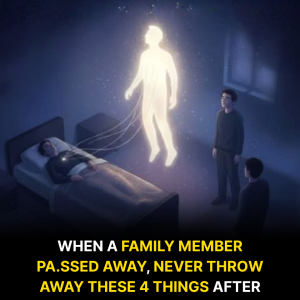Se.xu.al health is a vital part of overall well-being. While some mild discomfort after intercourse can be normal, certain symptoms may point to serious underlying conditions. Ignoring these signals could put both your reproductive and general health at risk.
Here are five symptoms you should never overlook after sex:
1. Painful Urination

A burning sensation or pain while urinating after sex may indicate a urinary tract infection (UTI) or a sexually transmitted infection (STI), such as chlamydia or gonorrhea. If symptoms persist, seek medical care promptly to avoid complications.
2. Unusual Vaginal or Penile Discharge
Discharge with a foul odor, unusual color (yellow, green, or gray), or abnormal consistency can signal bacterial vaginosis, trichomoniasis, or gonorrhea. In men, abnormal penile discharge often points to STIs and requires immediate evaluation.
3. Bleeding After Intercourse
While occasional light spotting may not be serious, frequent or heavy bleeding can be a warning sign of cervical infections, fibroids, or even cervical cancer. If bleeding occurs repeatedly, consult a healthcare professional.
4. Persistent Itching or Rash
Redness, itching, or irritation in the genital area may stem from yeast infections, allergic reactions to condoms or lubricants, or STIs such as herpes. If symptoms last more than a few days, medical advice is essential.
5. Pelvic or Lower Back Pain

Pain in the lower abdomen or back following intercourse may signal pelvic inflammatory disease (PID), ovarian cysts, or endometriosis. Left untreated, these conditions can lead to long-term complications, including infertility.
When to See a Doctor
If any of these symptoms occur consistently after intercourse, do not ignore them. Early diagnosis and treatment are critical for protecting both reproductive and overall health.
Conclusion
Your body often sends warning signals after intimacy. Symptoms such as painful urination, unusual discharge, bleeding, itching, or pelvic pain should never be dismissed. Recognizing and addressing these signs promptly can help safeguard your sexual and overall well-being.




